Random Free Articles
- Rouquan Shaolin Internal Exercise
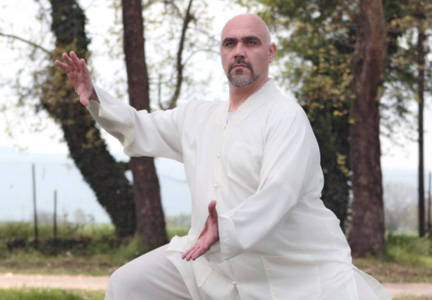
Soft Fist - Rou Quan [Chin.: róuquán 柔拳], is an excellent Shaolin Internal Exercise «Nei Gong» [Chin.: Shàolín nèigōng 少林 內功], which constantly develops human body’s physical and vital energy reserves and in conjunction with the «Five Skills» [Chin.: wǔgōng 五工], allows strides of improvement to anyone who wants to evolve his skills in concentration, balance and deep relaxation. Shaolin Rou Quan addresses to all…
- Apprenticeship Ceremony in Kung Fu
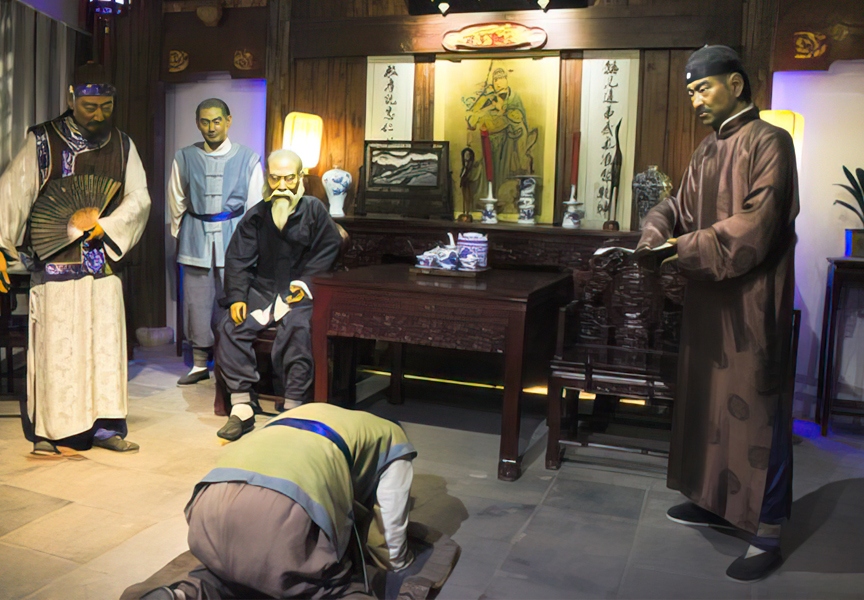
The Sacred Rite of Becoming a Disciple In the rich tapestry of Kung Fu traditions, the Bai Shi ceremony [Chin.: Bàishī yíshì 拜师仪式] holds a place of profound significance. Bai Shi, translated as paying respects to the master, is a sacred ritual that marks the formal initiation of a student into the family or tradition of a Kung Fu master. For martial artists, this ceremony is more than just a symbolic act—it is a pivotal moment in…
- Shaolin's Chain Fist
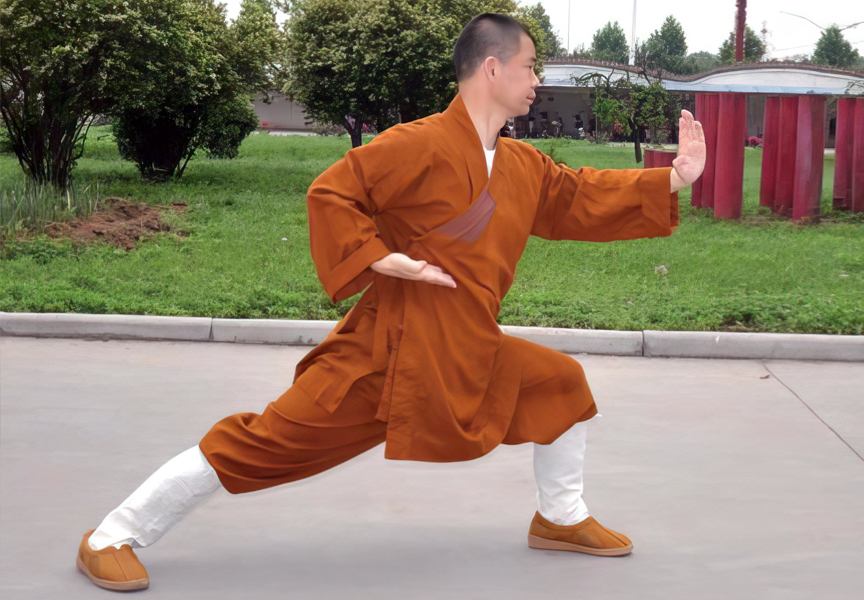
Unraveling the Mysteries of Shaolin's Chain Fist In the vast realm of Shaolin Wu Gong, the Lián Huán form [Chin.: liánhuánquán 连环拳], meaning "Chain Fist," stands as a fundamental practice that follows the mastery of the 5 Technique Fist [Chin.: wǔbùquán 五步拳]. This compact form, though small in appearance, carries immense significance in the Shaolin tradition. Characterized by simple yet powerful movements,…
- Embracing the Warrior Within
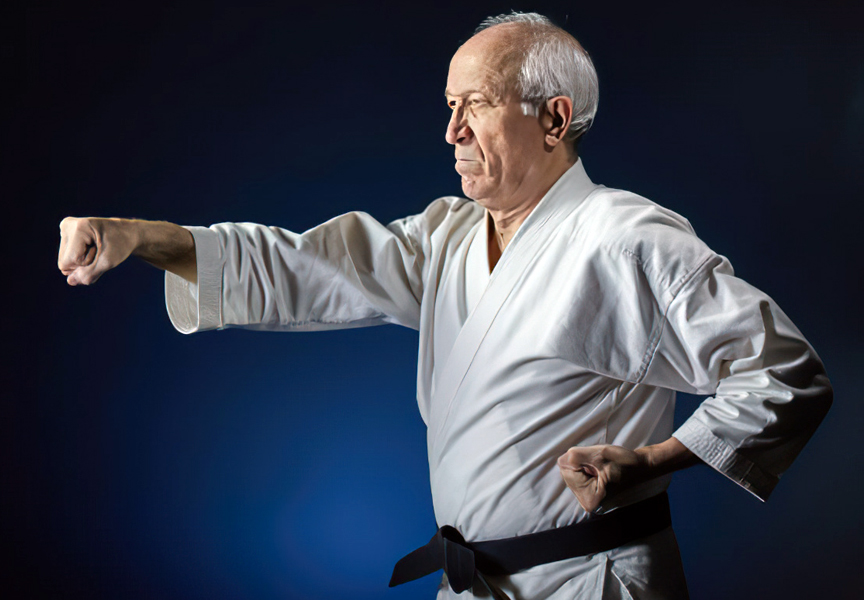
It's Never Too Late to Start a Martial Art Life is a journey filled with twists, turns, and missed opportunities. Many of us carry a list of things we always wanted to do when we were young but never quite got around to. Among these unfulfilled dreams, a common confession echoes: the desire to engage in the disciplined and empowering world of martial arts. The good news is, it's never too late to embark on this transformative…
- The True Essence of Martial Arts
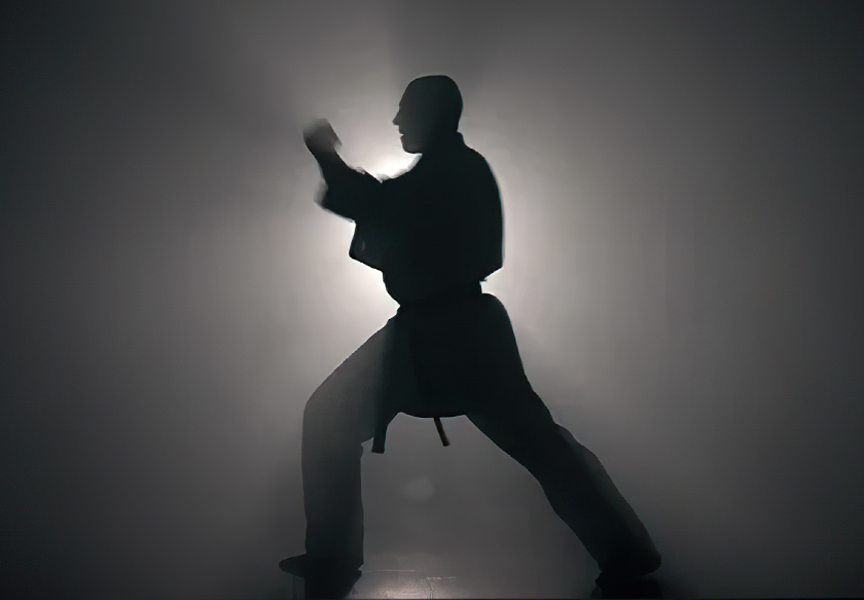
A Journey of Self-Mastery and Personal Growth Martial arts, often perceived as a collection of physical techniques and combat skills, holds a deeper significance that transcends the realm of physical prowess. Beyond the kicks, punches, and intricate forms lies the true essence of martial arts—a profound journey of self-mastery, self-discovery, and personal growth. In the heart of this ancient practice, individuals embark on a transformative…
